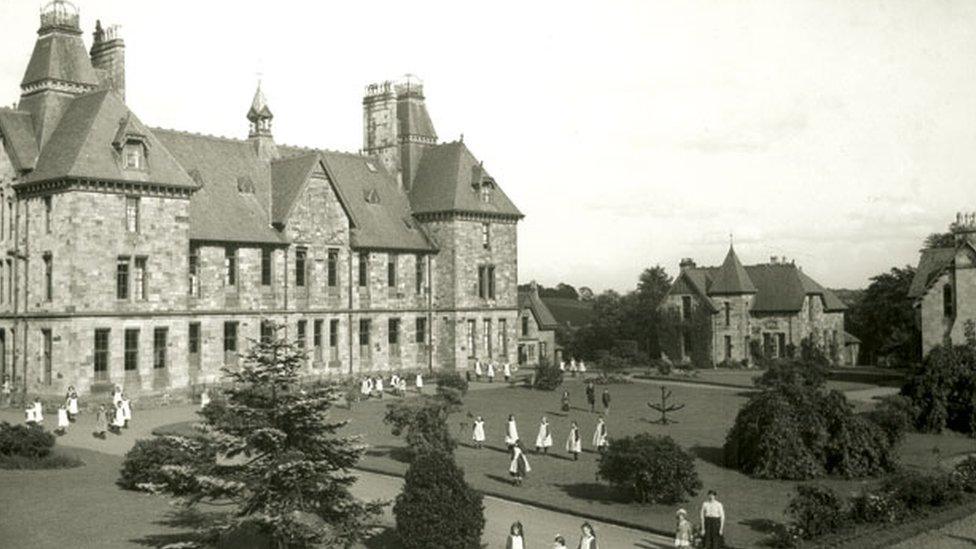Child sex exploitation 'in every part of Scotland'
- Published

Children are being sexually exploited in all parts of Scotland, according to the first national study of the problem.
The abuse is happening in the islands, rural communities and urban areas, with cases identified in all but five of Scotland's local authorities.
The findings come from the Scottish Children's Reporter Administration and the charity Barnardo's Scotland.
The research suggests that the abuse of boys is often overlooked.
"Sexual exploitation of children involved in the children's hearings system", external is the first national study of child sexual exploitation in Scotland.
It defined the crime as a form of child sexual abuse in which a person or people of any age takes advantage of a power imbalance to force or entice a child into engaging in sexual activity in return for something received by the child and/or those perpetrating or facilitating the abuse. A child is anyone up to 18 years old.
Child sexual exploitation was found to be happening in every part of the country with cases identified in 27 of Scotland's 32 local authorities.
One of the study's most alarming findings was that 80% of the boys the research team said were likely to have been victims of sexual exploitation had not been identified as such in official reports.
For girls it was just 25%.
The report calls for further efforts to increase communities' and agencies' awareness of the problem.
It found stark differences between boys and girls, including:
boys were more likely to have been exposed to violence and display sexually harmful behaviour than girls
Girls were more likely to :
be reported to have a much older boy/girlfriend
be victims of sexual abuse
have attempted suicide
self-harmed
be sexually active
Barnardo's has also published 15 recommendations for action.

Andrew's story
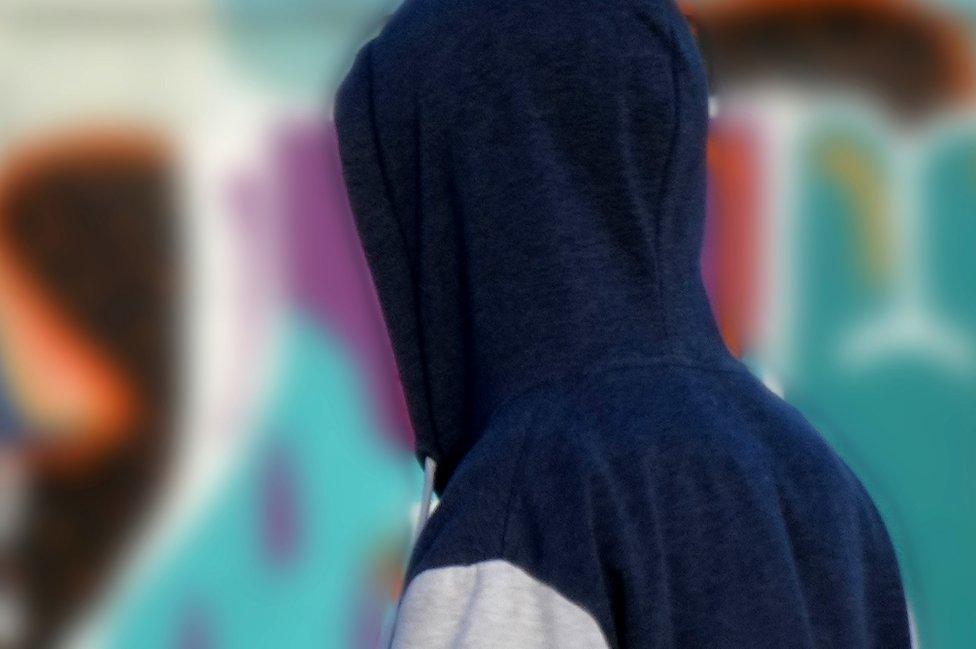
At 14, Andrew lived with his mum, stepdad and younger half-sister and had a strained relationship with his stepdad. He became involved in low level anti-social behaviour and started truanting from school.
After a particularly heated row, he ran away and ended up staying at a man's flat organised by an older friend. He started to disengage with his family and on his 15th birthday he spent the night there and was given alcohol.
Andrew started drinking regularly with the men at the flat, often becoming so drunk he could not remember what happened the night before. His school attendance deteriorated and when he did go home he was often dropped off and collected by one of the men.
It was then discovered he had sent inappropriate images of himself to a girl at school and had encouraged her to do the same. The school contacted the police and Andrew was charged.
During the police and social work investigation it was alleged that he had been having sex with an 18-year-old woman that social work knew about as she was a vulnerable person. The police were aware she had been supplying cannabis to children.
Andrew's mum worked with his social worker, but his stepfather refused to co-operate as he believed Andrew was a troublemaker and could not be helped.
Andrew then re-established a relationship with his father who had moved back to Scotland and he returned to school.
He stopped going to the men's flat and started college where he got a girlfriend. His relationship with his mum and stepdad improved and he now stays with them for for weekend every fortnight.

Alistair Hogg, head of practice and policy at SCRA (Scottish Children's Reporter Administration), said: "Child sexual exploitation is a particularly hidden form of sexual abuse and crime. Victims may not be aware that they are being sexually exploited; such is the coercive nature of perpetrators and the control they exert over their victims. It is very rare for a child to disclose that they are a victim.
"We hope this report will lead to a sustained focus on child sexual exploitation in Scotland and that by working together with all our partners, we can protect the most vulnerable children and young people in our communities."
Daljeet Dagon, national programme manager for child sexual exploitation at Barnardo's Scotland, said: "Although there have been improvements in the way we understand and respond to the issue, we still struggle to identify victims or potential victims due to inconsistencies in reporting; a failure to understand who can be affected and a reticence to raise concerns.
"It is therefore vitally important that all professionals as well as members of the community remain alert to the vulnerabilities and indicators of CSE (child sexual exploitation) and are supported to ensure they are asking the right questions, at the right time, and in the right way."
- Published2 October 2020
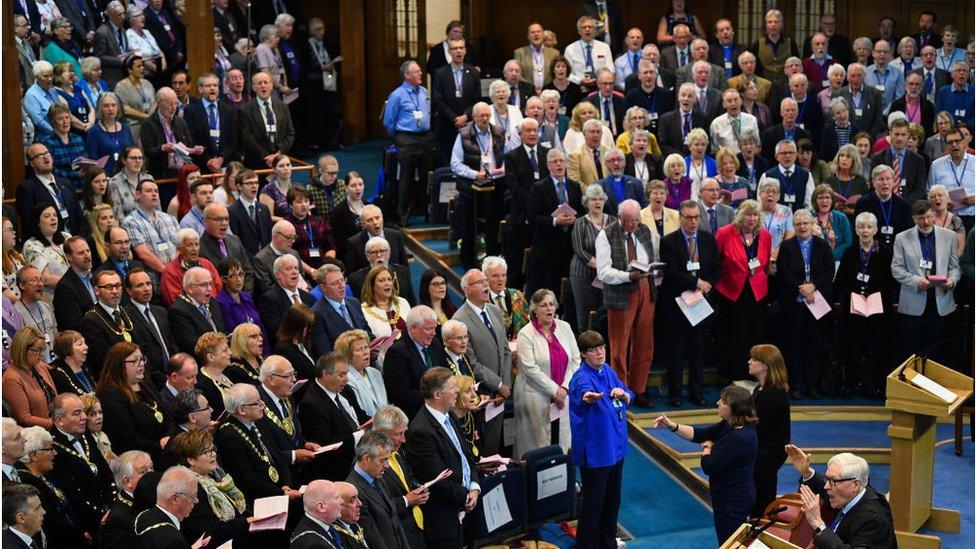
- Published8 September 2020
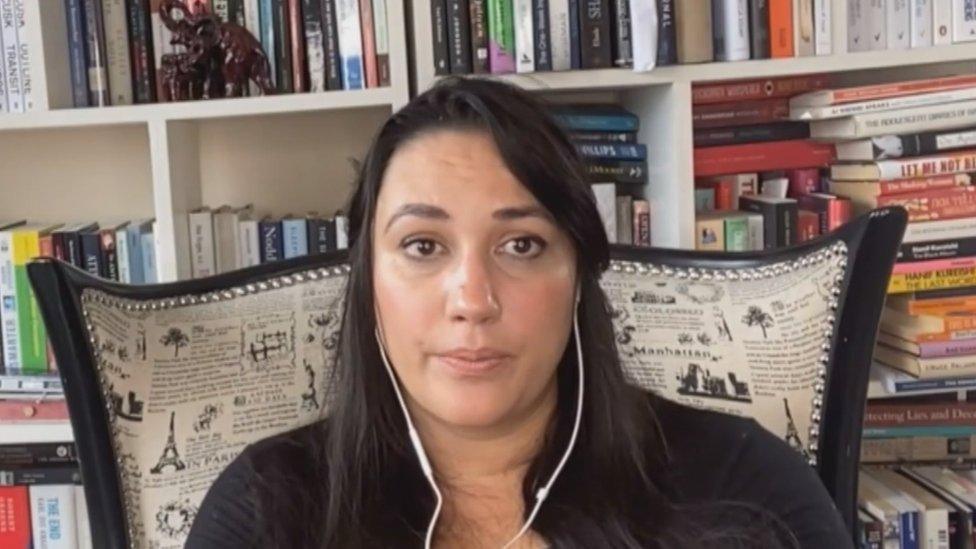
- Published28 July 2020
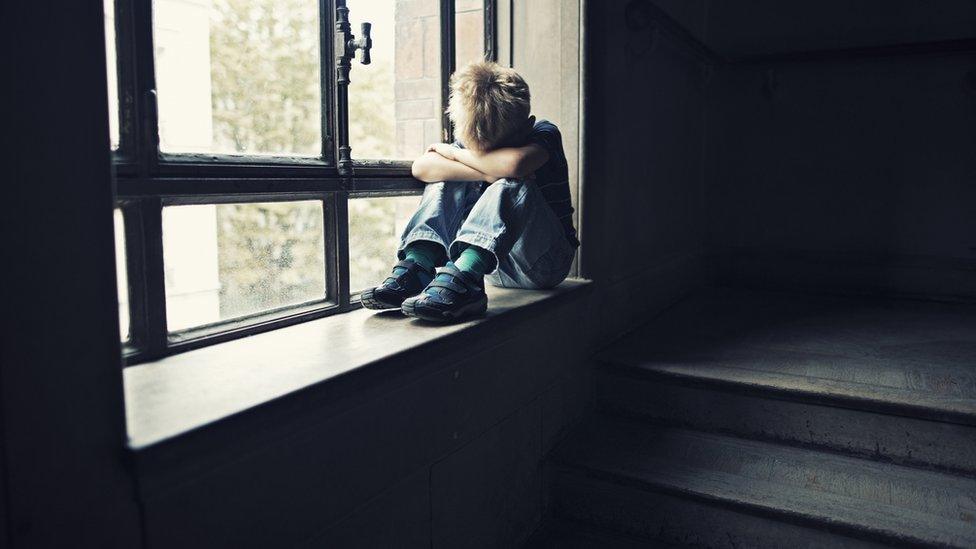
- Published26 February 2020

- Published7 January 2020
